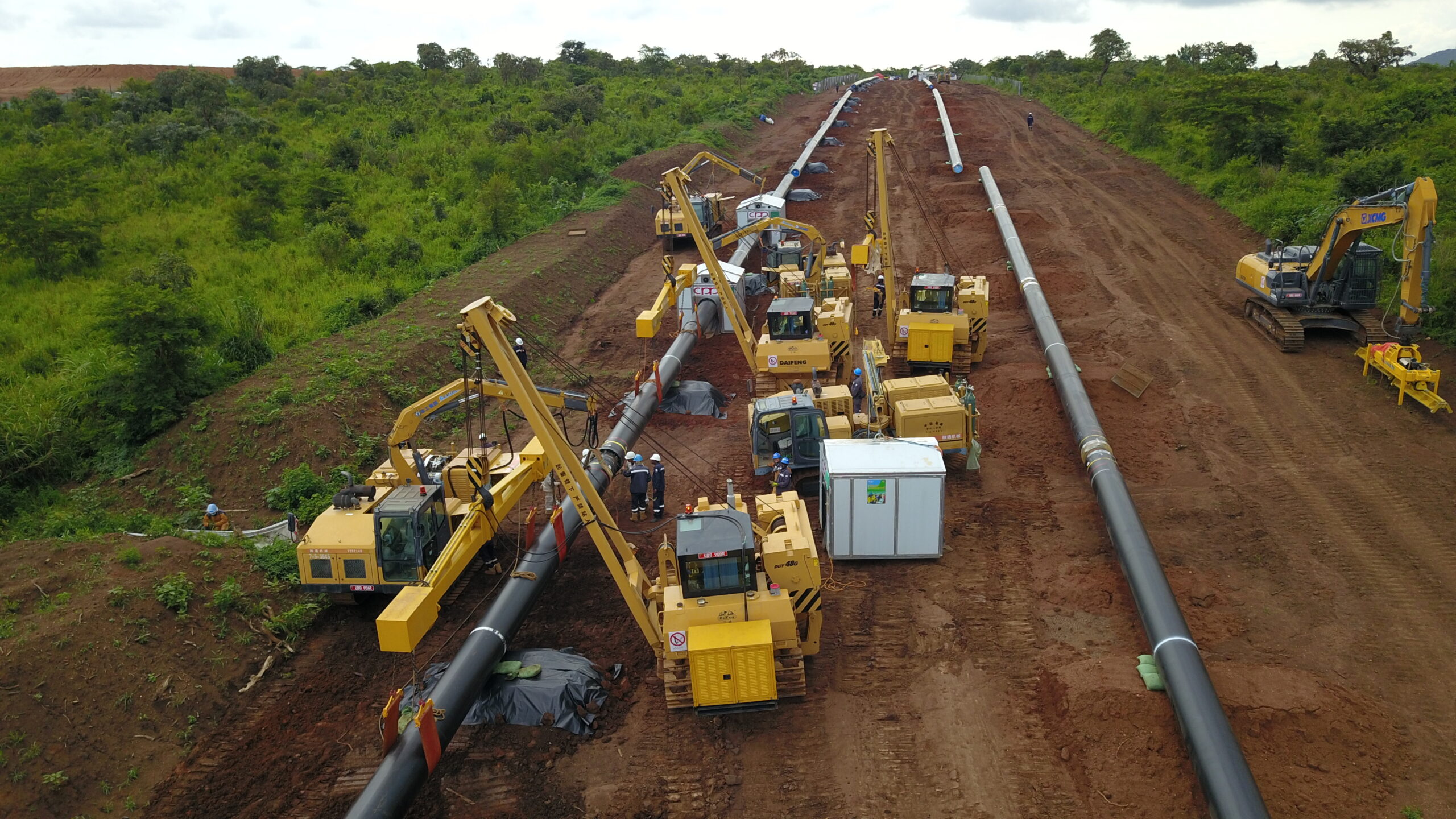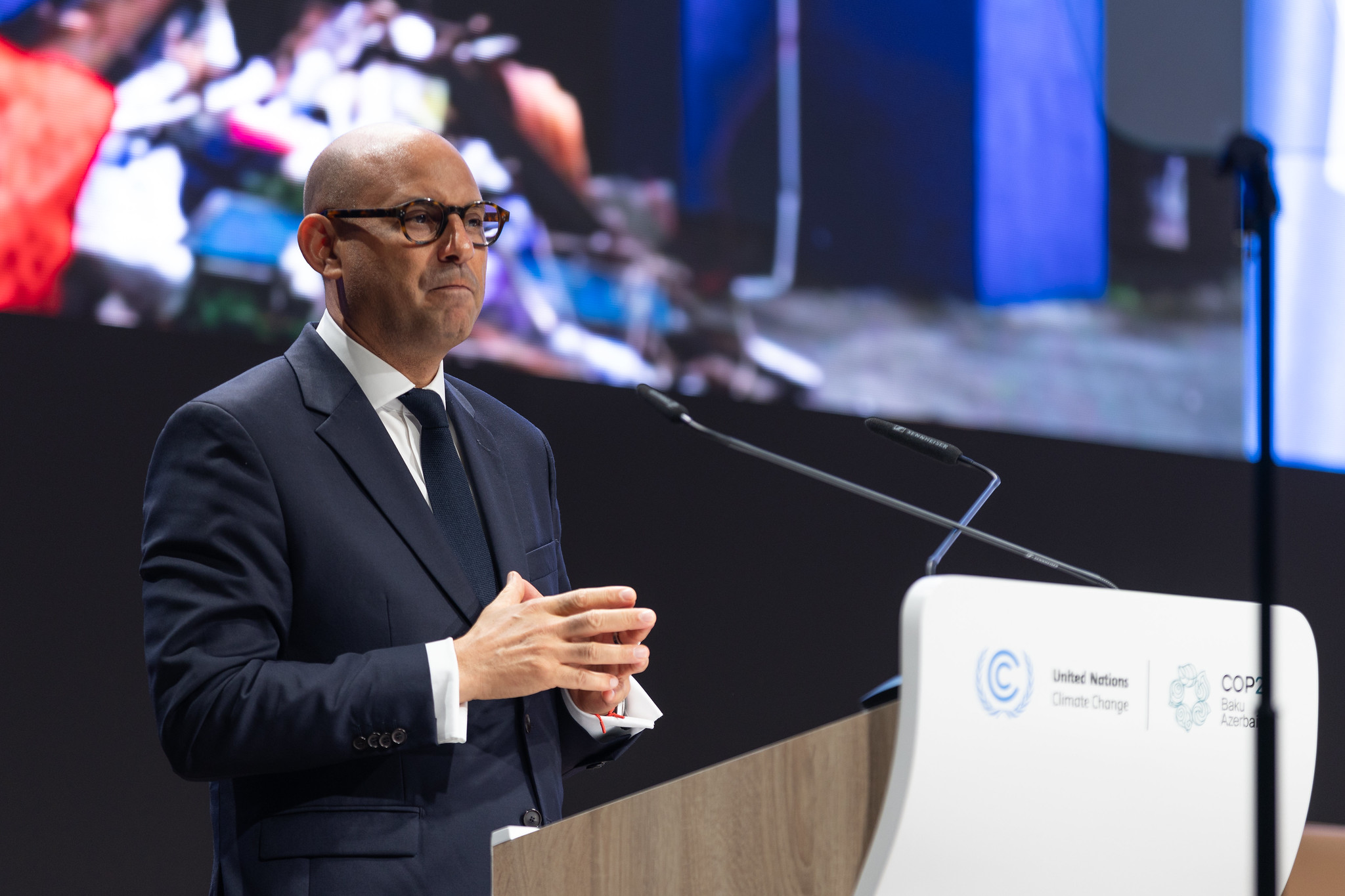Tilenga Academy: Why It Matters More To Ugandans Than TotalEnergies

On 16th April, the long-awaited Tilenga Academy was launched. Partnership between TotalEnergies EP Uganda (TEPU), responsible for the Tilenga project and Uganda Petroleum Institute, Kigumba (UPIK) made this possible with over $30m invested to come up with the necessary infrastructure, curriculum development, human resource among other prerequisites. 200 youths selected from the Tilenga Mass Open Online Course (MOOC) in 2022 are undertaking training for the next 2 and a half years and will eventually be employed in the sector. Although TEPU is happy with the development in a bid to cement the best possible international standards, one would believe it’s more important to UPIK, the trainees and other potential beneficiaries outside the selected 200 youths, and Uganda at large than it is to the former.
Let’s consider the youths as the first direct beneficiaries of the initiative. The 200 excelled in the intense MOOC which attracted 13,000 students back in 2022 and made it to the academy. All with the required preliminary knowledge that reflects science and a belonging to petroleum. Some having studied from the country’s leading science institutions such as Mbarara University of Science and Technology (MUST), Makerere University among others. The 1 year to be spent at UPIK before extra training abroad is something special to this cluster.
Tumukunde Anxious is one of the trainees in the academy. He jumped into the MOOC during his last year before graduating from MUST with a bachelor’s degree in petroleum engineering and environmental management.
“We are from different backgrounds. Am from petroleum. There are people with electrical and mechanical backgrounds. Everyone will go to their area of specialty. I will go for petroleum operations.” Tumukunde clarifies on his future at the academy.
The trainees will specialize after 6 of the 12 months to be spent at UPIK. 31 percent (62 of the 200 trainees) will focus on production, 27 percent (54) in mechanical maintenance, 26 percent (52) in instrumentation maintenance and 16 percent (32) in electrical maintenance.
More trainees will be received from CNOOC, responsible for Kingfisher and about 150 from EACOP in the course of next year. The second 100 cohort from the MOOC will be joining the institute in October, just after the end of time of the first lot. Tilenga, is the biggest oil project in the country, about 5 times the size of Kingfisher, thus a glaring opportunity.
UPIK has been designed as the ultimate gateway into the oil and gas sector following partnership with several stakeholders. Thus, a window to the required labour to undertake tasks in the various projects such as Tilenga, Kingfisher, EACOP and the Refinery. Partnership with Vallourec Uganda, another valuable member in the sector has opened up opportunities for many to work with the OCTG (Oil Country Tubular Goods) company undertaking drilling at the Tilenga project, where 426 wells will be drilled from 31 well pads.
Beyond the OCTG company’s footprint in Uganda, like many others, it’s focused on a grip on the Eastern and Southern Africa oil markets with extra works in Mozambique for example.
Knowledge Transfer and Optimization of Uganda’s stake in Oil and Gas
Besides UPIK’s trainers, Dietsmann API, with a major in oil and gas outsource services are another party of contracted instructors at the institute. They are among the world’s best Operation and Maintenance (O&M) service providers in the energy industry with over 45 years of experience. Their expertise in areas such as O&M, electrical instrumentation, maintenance engineering and inspection, Health and Safety are exactly what the trainees require. But such knowledge and experience may not only benefit students, it could also have a spillover impact on other Ugandans in the mentorship role.
In formulating the curriculum and syllabus, plus transfer of technology as evidenced with the equipment suite at UPIK, ground for future reference to the benchmarks of oil and gas institutional success has been laid.
According to Ernest Rubondo, the Executive Director of Petroleum Authority of Uganda, training, skills development and employment are key components of the broad local content spectrum that the academy and partnership between TEPU and UPIK is addressing.
Marching Towards Institutional Excellence in East Africa’s Oil and Gas
The establishment of UPIK in 2009 is traced from President Museveni’s directive to set up an international training centre following confirmation of commercial oil in 2006. According to the Principal of the institute, Bernard Ongodia, they are committed to becoming East Africa’s centre of excellence in petroleum studies. He cites the undertaken development of infrastructure, market suite curriculum, and commendable instructors. Beyond the efforts of the ministry of education and sports, collaboration with other stakeholders such as TEPU and CNOOC for instance, has been crucial in reshaping the syllabus for better. If you were to consider legal practice, it would be the Law Development Centre (LDC).
The addition of the academy is an extra opportunity towards that direction as the institute will host all country oil project trainings.
“It means that the industry has appreciated and given us a vote of confidence in offering that training.” Bernard Ongodia says as he asserts how ready the facility is.
The taken direction is necessary considering the gap in East Africa. Slight competition from Kenya’s School of Petroleum Studies, a division of the Petroleum Institute of East Africa, with occasional outreach beyond Nairobi to include Dar es Salaam, Kigali, Juba, and Kampala.
From the African perspective, it’s even a bigger leap. Nigeria, Egypt, South Africa, Tunisia, Algeria, Ghana and Sudan dominate the top 50 petroleum institutions in Africa. Except South Africa and Tunisia that largely major in refinery, the rest have a profound reputation in oil production and Uganda is on a similar trajectory in both production and refinery.
None of East Africa’s petroleum institutes has presence among the top 50 on the continent. Collectively, it puts Uganda and UPIK in a better position to pool regional attention from competitors such as South Sudan, Kenya and Tanzania.
According to Philippe Groueix, General Manager, TEPU, they are happy so far. Additionally, the company is committed to success by applying the best international standards. This perhaps asserts more reasons for the institute’s commitment to bigger success.
Beyond the one year to be spent at UPIK in a bid to achieve the Offshore Petroleum International Training Organization (OPITO) certification, TotalEnergies EP Uganda will send the trainees to international petroleum institutes for better hands-on experience. France, Malaysia, UK and Oman among others will be leveraged for that. Retaining them at UPIK would have been the ultimate desire, but there is still a lot to do. Interestingly, Bernard Ongodia envisions this as a future possibility provided the necessary institutional investment is met. And government will have to play a big part in this.
Whether to be thankful for adherence and implementation of the national content policy or not, at least there’s another reason to smile among sections of Ugandans as the country braces for first oil just next year provided there is no hindsight or force majeure in the process.




